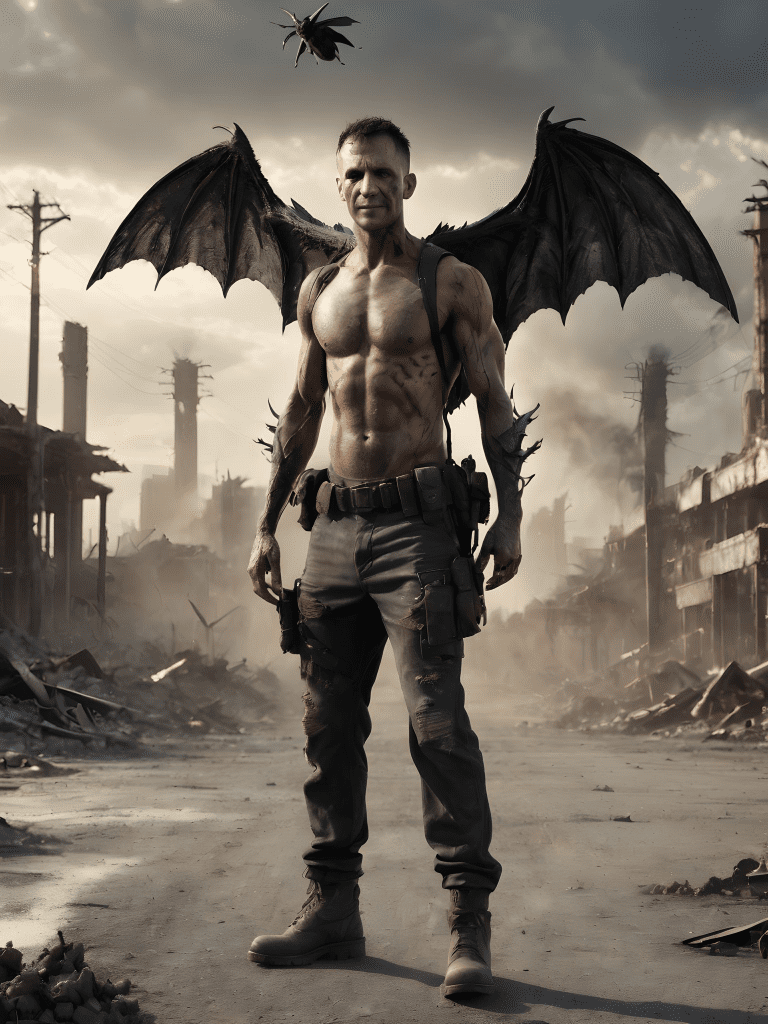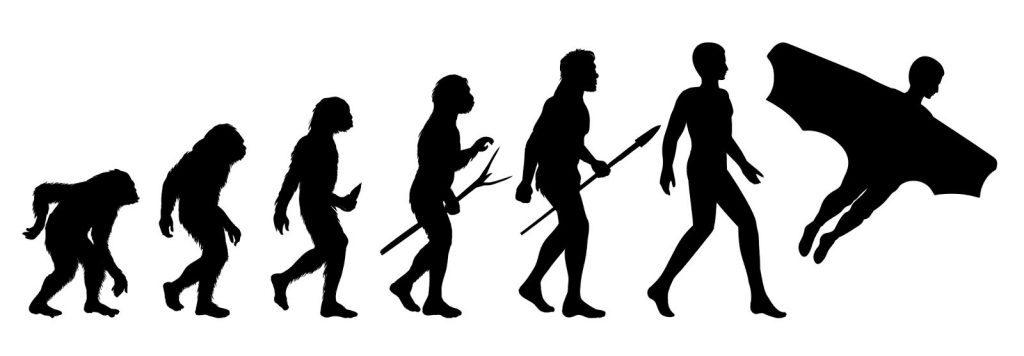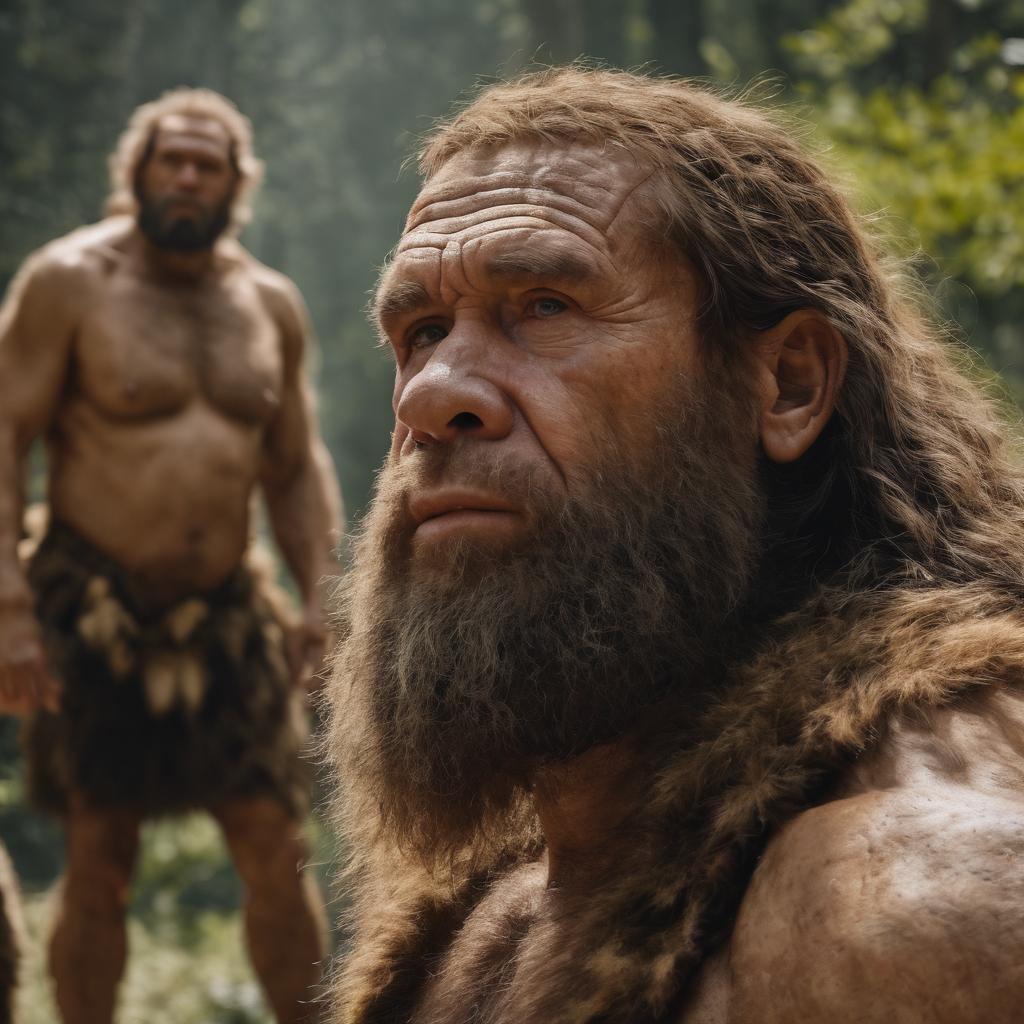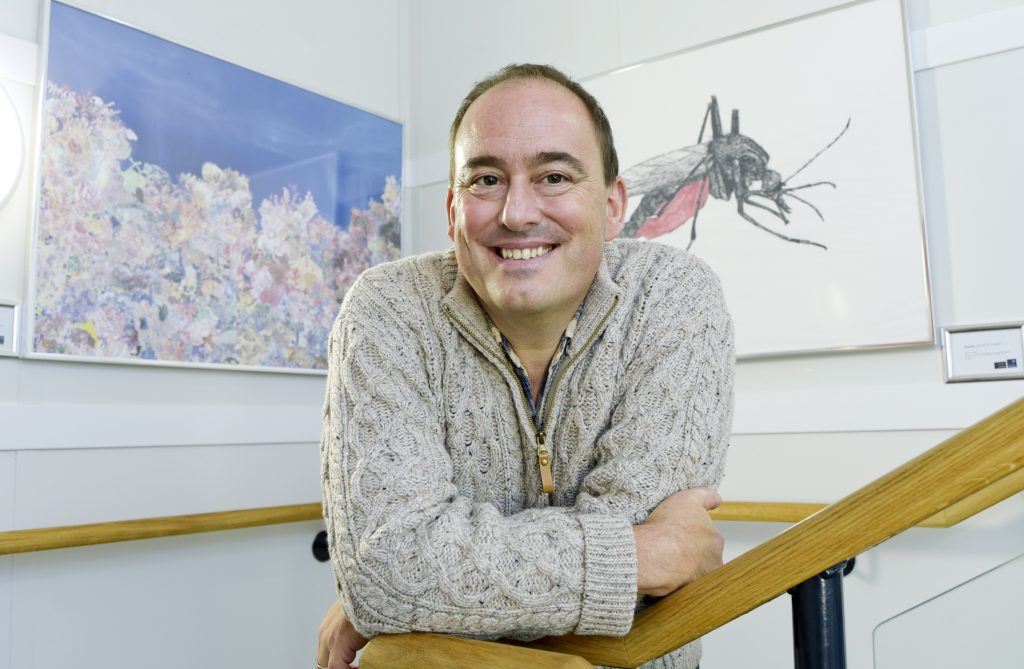World War Three could cause humans to shrink and evolve into Marvel-like superheroes

All text and images, copyright Belters News 2024
WW3 could cause humans to shrink and evolve into Marvel-like superheroes with bullet-proof skin, innate ninja skills and even WINGS, according to one of the world’s top biologists.
Professor Tim Coulson of Oxford University said a global nuclear conflict could trigger evolutionary changes that alter humankind’s form “beyond recognition”.
In a post-apocalyptic world, natural selection could drive genetic changes in response to extreme environmental pressures to help our species survive following the collapse of civilisation, he added.
This could turn people into ‘superhumans’ that are stronger, fitter, and harder to kill than present-day man.
It could also give us “hyper intelligence” to solve problems in harsh environments, create shelter, and rebuild lost technologies and scientific knowledge.
And we might develop “super senses” like enhanced vision, hearing and smell to detect threats and find food.
Supreme physical strength, speed, and cunning – traits of the feared Japanese ninja – could also become the norm, Professor Coulson added.
But the biggest physical changes may include protective, resilient skin as a defence against predators, and extreme weather conditions, making individuals harder to harm or kill.
And if mobility becomes a key factor in survival, humans could even shrink in size and develop the ability to “fly like a bat” with small bodies, light bones, powerful muscles, and wing-like adaptations, he said.
This would help people to escape threats, find mates to reproduce, and access resources in otherwise unreachable areas.

Professor Coulson is one of the world’s leading zoologists and biologists, has won awards from major institutions including the Royal Society, and has published more than 200 peer-reviewed articles with a focus on complex biological systems.
He was previously Professor of Population Biology at Imperial College London, has held positions at Cambridge University and the Institute of Zoology London, and is the former editor of several science journals.
His latest book, The Universal History of Us: a 13.8-billion-year tale from the Big Bang to You, focuses on what had to happen since the universe’s birth for humans to exist.
Writing in The European magazine, he said major changes to the human form would take millions of years but could be triggered by World War Three.
But he said: “In the future, humans could evolve to become hyper-intelligent and have super-senses, incredible physical strength, armadillo-like armour or the ability to fly like a bat.
“That might sound far-fetched, but I very much doubt that anyone would have predicted that the first animal, which probably looked a bit like a small jellyfish and lived over a half a billion years ago, would eventually evolve into humans.
“That is probably a bigger leap from humans evolving to become superhuman.
“Yet we know the first simple animals did eventually evolve to produce all animals alive today, including us. Evolution is a remarkable force.”
Evolution is the process by which species, including humans, change over time through genetic variation and natural selection.
Traits that improve survival and reproduction in a specific environment are passed down, gradually shaping the species.
But catastrophes such as environmental disasters, wars, disease, and climate shifts – which have killed-off previous civilisations – can trigger a change in evolutionary direction causing major genetic shifts.
This speeds up evolution by favouring traits that improve survival and reproduction, a process known as ‘survival of the fittest’ or natural selection.
In the event World War Three breaks out, the nuclear fallout would lead to a sudden lack of food and destruction of habitat – events that could accelerate mankind’s evolution and lead to ‘superhuman’ qualities.

Professor Coulson, who has also advised governments, said: “We can work out what will drive evolution in a population by looking at what kills individuals or stops them from breeding and provide an educated guess at the characteristics we might expect to evolve.
“However, one of the challenges in predicting what humans will look like in the future is environments change. For example, there were many changes that had to happen for the first animals to evolve into us.
“We are changing lots of aspects of our environment, and we should not assume that the drivers of natural selection that our populations experience today will be around in a century or millennium’s time. That’s why it is so hard to predict which twists and turn evolution will take.”
But he said the chances of humanity evolving into superhumans were about as likely as mankind becoming more STUPID.
If WW3 is avoided and civilization continues to make it easy to survive and breed, new survival traits will not be needed, and some of our existing ones – like intellect – could be lost through evolution.

He added: “Instead of evolving into the superheroes of the Marvel franchise perhaps humans might evolve to become less intelligent and weaker.
“My guess is our environment will change dramatically at some point when our civilisation collapses. All previous civilisations have collapsed, from ancient Egypt to the Mayans, and there is no reason to suspect ours is any different.
“Disease, perhaps predators, other people, and starvation would become common forms of death for the survivors of such a catastrophe. Intelligence, cunning, super senses, strength and speed may then become attributes associated with improved survival and reproduction, much as they did in our past on the plains of Africa.
“Civilisation may select for greater stupidity and sloth, while its demise might lead to superhumans.”

